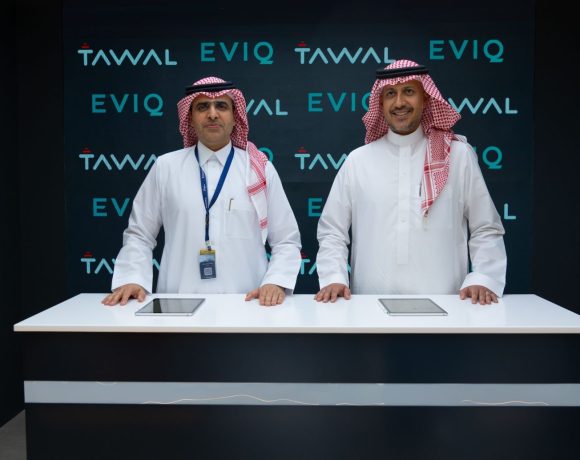Saudi Arabia To Overtake UAE As GCC’s Leading Metaverse Hub
New research shows that by 2030, Saudi Arabia’s economy could be gaining $7.6 billion a year from the Metaverse. This is because the country is diversifying its economy to reach the goals set out in its Vision 2030. According to the Strategy & Middle East survey, the Metaverse could bring in $15 billion per year to the economies of the GCC by 2030, with Saudi Arabia seeing $7.6 billion and the United Arab Emirates $3.3 billion.
The Metaverse and Saudi Arabia
That the Metaverse is neither a physical location nor a technology is one of its greatest strengths. In fact, it is the recent step in the evolution of the human-computer interface. The goal is to make a simulation that is so lifelike that it can be touched and experienced just like the real thing. In this virtual setting, avatars and other 3D representations of people can talk to each other. It is also ready to change the way businesses and workplaces work by using cutting-edge methods to make them more productive. Even though the Metaverse is still in its early stages, there is no doubt it is making quick progress, which can help the Gulf Cooperation Council (GCC) business community.
Tony G. Karam, Partner, Strategy & Middle East, said that they think the Metaverse will add $15 billion annually to the economies of the GCC by 2030. He said that the forecasts took into account the economic effects of new metaverse applications like making content, shopping, and so on, as well as the growth of the technologies, platforms, hardware, and software that support them.
Earlier this year, Saudi Arabia’s Neom Tech & Digital, a subsidiary of the $500 billion iconic Saudi megacity Neom, rebranded itself as Tonomus and invested in the emerging fields of the Metaverse and artificial intelligence (AI). It provides architects, engineers, designers, etc., with a metaverse environment conducive to teamwork and individualization in building projects. The digital arm of NEOM has developed a metaverse that enables users to take on the shape of an avatar or hologram and visit the city and the virtual world at the same time.
Strategy & Middle East partner Dany Karam says that the Metaverse has a lot more to offer than just next-generation video games and e-commerce. It will have a significant impact on business, government, urban planning, construction, retail, recreation, and transportation, among other things. The GCC countries are part of a larger regional framework in which the Metaverse has the power to revive and change important sectors in a big way.
The Metaverse is also being used by people from other parts of the Middle East. In July, Dubai made an official announcement that its Metaverse strategy would help them become a robust metaverse economy. The plan’s long-term goal is to add $4 billion to the national income and create 40,000 new jobs over the next five years. The United Arab Emirates (UAE) has also set up the first metaverse incubator 8 in the Middle East. The goal of this incubator is to make prototypes for metaverse and Web3 platforms.
Takeaways
The Middle East has recently become a very lucrative market for new products and ideas. Arabs have risen to the top in a number of fields, including artificial intelligence and the much-talked-about Metaverse. In an apparent effort to improve its economy and aid the expansion of the Metaverse, Saudi Arabia is taking steps towards achieving this.
Last Updated on 12 months by News Editor













